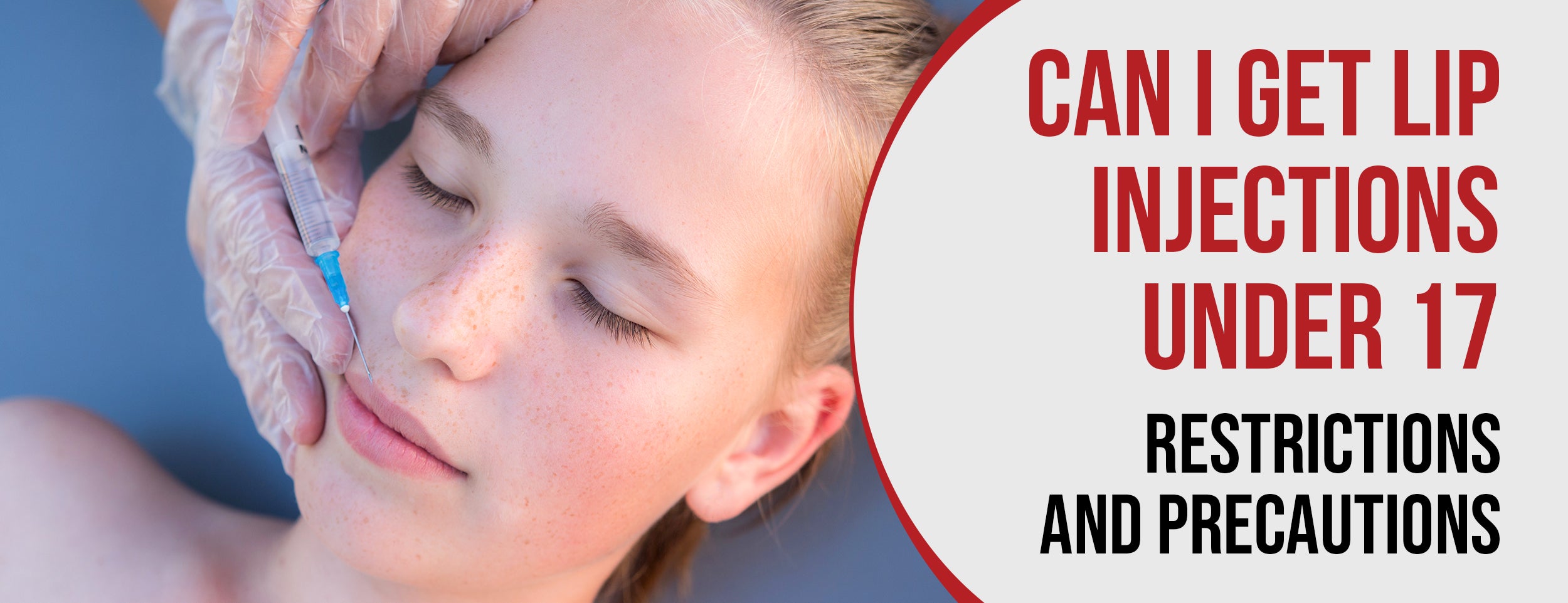Vaccination of the flu and COVID-19 is necessary to help prevent severe illness and hospitalization. Both viruses share common symptoms, such as fever, cough, and body aches, which can lead to confusion in diagnosis and possibly delayed treatment. By getting both vaccines, you can protect yourself against both viruses and reduce the potential risk of getting seriously ill.
The CDC recommends getting the COVID-19 and flu vaccines at the same time. Researchers are exploring the benefits of giving both vaccines at once.
In this blog post, we'll discuss the potential benefits of getting both vaccines simultaneously and why you should consider them.
Can You Get Flu and Covid Vaccine at Same Time: 4 Factors to Consider Before

With flu season approaching and the ongoing COVID-19 pandemic, many people are wondering if it is possible to get both vaccines at the same time. While it is possible, there are several factors to consider before doing so. Here are some important factors that you should keep in mind before getting vaccinated for both flu and covid-19 at the same time:
Age
The flu and COVID-19 vaccines are safe for most age groups. However, there are age restrictions for certain vaccine brands.
The Pfizer-BioNTech COVID-19 vaccine is currently allowed for those aged 12 years and older, while the Moderna and Johnson & Johnson vaccines are allowed for those aged 18 years and older. The flu vaccine is recommended for those six months and older.
Timing of Vaccine Doses
If deciding to receive both vaccines, it is essential to consider the timing between the doses. The CDC recommends spacing these vaccines at least 14 days apart.
Availability and Accessibility of Vaccines
Make sure you consider the availability and accessibility of both flu vaccines and COVID-19 vaccines. Many pharmacies and medical centers may offer both vaccines, but supply varies. It is recommended to consult with a healthcare provider about the availability and any scheduling requirements before planning to receive both vaccines.
Health Status
Persons with certain health conditions may be at a higher risk of severe illness from COVID-19 and are therefore recommended to receive the vaccine as soon as possible. Some factors to consider include:
- Chronic medical conditions such as heart disease, diabetes, and asthma.
- A weakened immune system because of medical conditions such as HIV, cancer, or organ transplant.
- Pregnancy or planning to become pregnant.
- Obesity.
- Smoking or history of smoking.
Get Flu And COVID at Same Time: 4 Risks
We know getting vaccinated against both COVID-19 and flu is an important way to protect ourselves from falling sick with these viruses. It's important to understand and be aware of the risks of getting both vaccines. Here are some risks that you should know:
Overwhelming the Immune System
Flu and COVID-19 vaccines might overload your immune system, which may lead to adverse reactions. Currently, available data studies suggest any serious safety concerns.

Unknown Long-term Effects
As both vaccines are new, there is a lack of long-term data on the potential interaction of these vaccines. There is a need for more data and research to understand the long-term effects of getting both vaccines simultaneously. Currently, there is no evidence to suggest such interaction.
Possible Interaction between Vaccines
It is possible that getting both vaccines simultaneously could interact with each other, leading to adverse reactions, which need to be closely monitored and studied further. However, extensive studies have found no clinically significant association between the vaccines.
Misunderstanding and Misinformation
With the widespread impact of misinformation, there is always a possibility of potential risks that may increase because of misunderstanding. One may misinterpret the effects of vaccines or even spread misinformation. It's important to seek reliable information verified by experts in this field.
5 Benefits of Getting Flu and Covid Vaccines Together
There are several benefits of simultaneously getting flu and COVID-19 vaccine. Not only does it save time and reduce the number of visits to the doctor or pharmacy, but it also provides added protection against potentially serious illnesses.
Convenience and Efficiency: By getting both vaccines simultaneously, you will save yourself the hassle of scheduling two separate appointments and the time and effort it takes to go to multiple vaccination sites.
Protection Against Both Illnesses: Getting vaccinated against flu and COVID-19 will protect you from both illnesses. This is especially important because getting one illness can put you at a higher risk of contracting the other.
Reduced Healthcare Costs: By getting both vaccines at once, you can save on healthcare costs not only for yourself but also for healthcare providers who can conserve resources by administering both vaccines in a single visit.
Reduced risk of severe symptoms: We all know that influenza and COVID-19 viral infections can produce more severe symptoms in some people. But, if you're vaccinated for both, then you’re less likely to get severe symptoms if you become infected.
Preventative measures: The seasonal flu vaccine doesn't protect from COVID-19, but getting vaccinated against both diseases can reduce the possibility of getting infected with one or the other and provide some preventative measures.
Vaccinate For Flu And Covid At The Same Time: 6 Precautions

For some people, getting COVID-19 and flu vaccines simultaneously might be convenient. Still, certain precautions must be taken to avoid any adverse effects. We will discuss the precautions that people should take before getting the flu and the COVID-19 vaccine at the same time.
WHO and Medical Professional’s Advice
The World Health Organization (WHO) has stated that it is safe to get vaccinated against both diseases simultaneously. CDC (Centers for Disease Control and Prevention) in the United States also agrees with the WHO's advice, as do many medical professionals globally. it is preferred that people who have not yet received any vaccine doses should prioritize getting the COVID-19 vaccine first as it offers higher protection against the more severe disease.
Timing Matters
Timing is crucial when taking flu and COVID-19 vaccines. Therefore, people who have taken one vaccine should wait for at least two weeks before taking the other. This is to avoid any potential side effects or complications that could arise from taking both vaccines at once.
Be Aware of Potential Side Effects
Flu vaccines and COVID-19 vaccines may cause side effects. However, taking both vaccines at the same time could amplify the intensity of these effects. Therefore, it is essential to know the potential side effects. Some common side effects of these vaccines include fever, chills, body aches, and fatigue.
Monitor Your Symptoms
After taking COVID-19 and flu vaccines, it is crucial to monitor for symptoms of potential adverse effects. This includes keeping track of symptoms such as severe headaches, high fever, and difficulty breathing. In case of any unusual symptoms, seek immediate medical attention.

Check Your Vaccination Interval
Although it is safe to get both vaccines, it is essential to check the recommended interval between them. The CDC recommends wait at least two weeks between their COVID-19 and flu vaccinations.
Keep Track of Vaccine Information
It is important to keep track of the vaccine information, including the date and type of vaccine received. This will help ensure that the vaccines are received on schedule and will enable healthcare professionals to monitor any adverse reactions.
Conclusion
It's possible to get vaccinated for covid-19 and the flu simultaneously, and there are many benefits to doing so, including reduced healthcare visits and no increased risk of side effects. It's vital to prioritize getting vaccinated against covid-19, but protecting yourself against the flu is equally essential.
Delaying or avoiding vaccination for either flu or covid-19 could put people at risk of severe illness, hospitalization, and even death. Therefore, getting vaccinated and taking precautions to protect ourselves and others is crucial.















![The 7 Factors That Determine Whether You Can Get Lip Injections With Breastmilk [7 Safety Tips]](http://drnumb.ca/cdn/shop/articles/Can_You_Get_Lip_Injections_While_Breastfeeding__6_Factors_7_Safety_Tips.jpg?v=1711186573)



